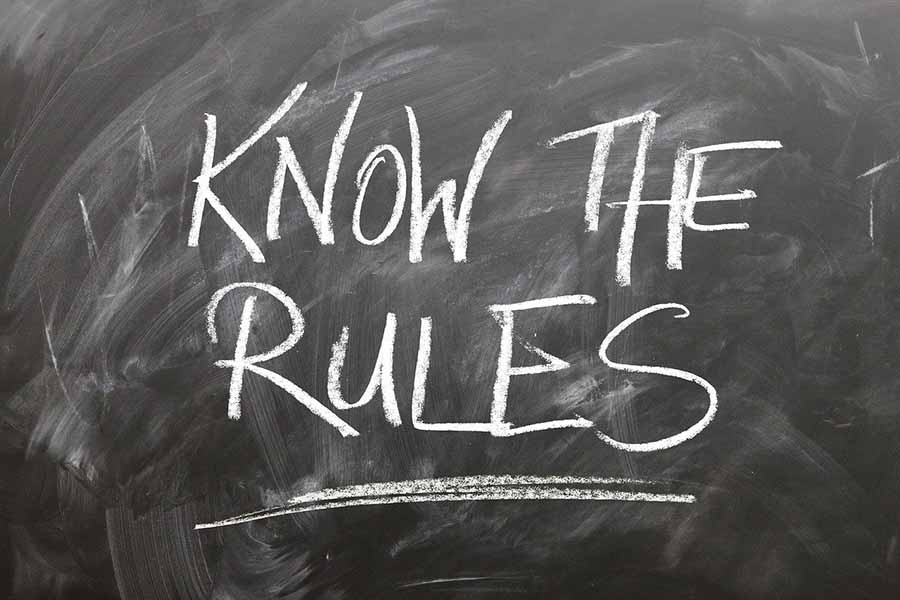How often do we make resolutions for behavior change, yet immediately reduce our chances for success by making them completely dependent on willpower. For example, we decide to exercise on Monday, Wednesday and Friday, yet we quickly allow negotiation to enter the picture. We’re tired, have too much work, don’t feel motivated and before we know it Monday moves to Tuesday, Wednesday to Thursday or we just give up and say we’ll start again the next week. We hope that willpower, a finite and exhaustible resource, can keep us on track.

In a recent podcast, Tim Ferris and Shane Parrish discussed a simple, yet powerful tool for maintaining routines: “automatic rules”. These “rules” eliminate the superb negotiating skills and the sophisticated trade-offs that we are prone to engage in if we make our aspirations optional. A common self-sabotage is committing ourselves to a “Yes” when we are caught on the fly by a request. Parrish referenced Daniel Kahneman’s rule of never giving an automatic “Yes” on the phone. This allows him to escape the social pressure to immediately agree to something, satisfying the innate desire to please other people. Kahneman’s insight was that we all are used to following rules and that people (including ourselves) are less likely to argue when something is known as a rule. This is not to say that a rule cannot be broken from time to time, but we set ourselves up for greater success when we reduce our ability to default to negotiation and compromise.
Can you find ways to both simplify your life and also make it more effective by developing a few “automatic rules” that help you achieve your goals and aspirations?


